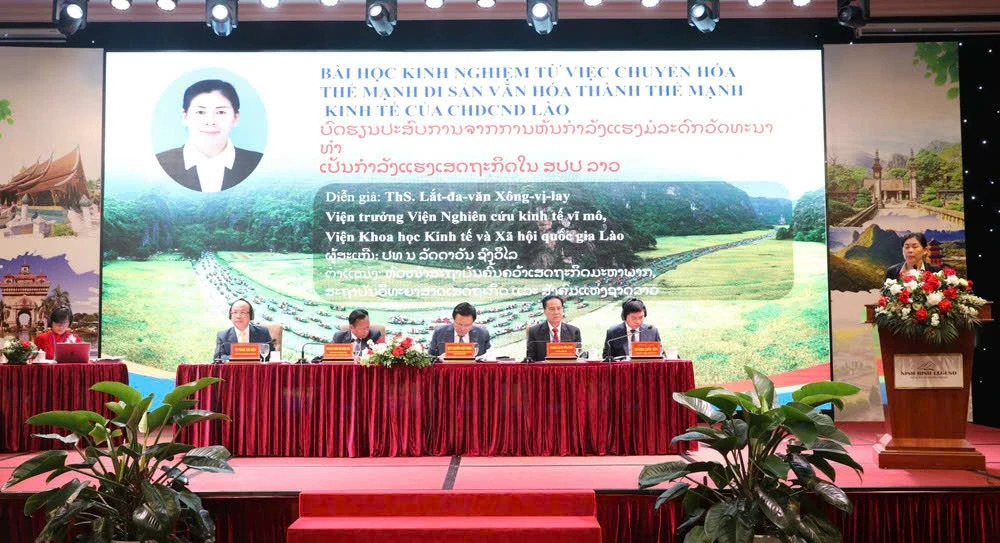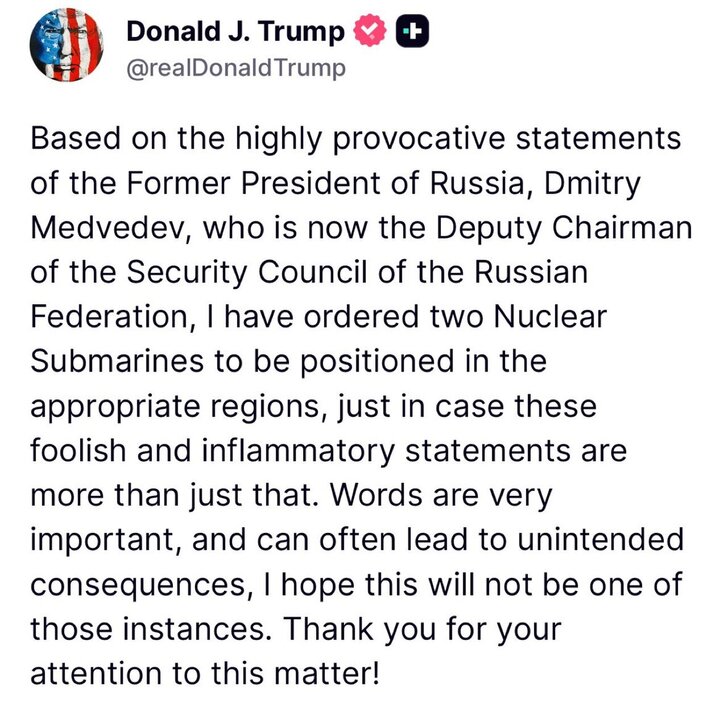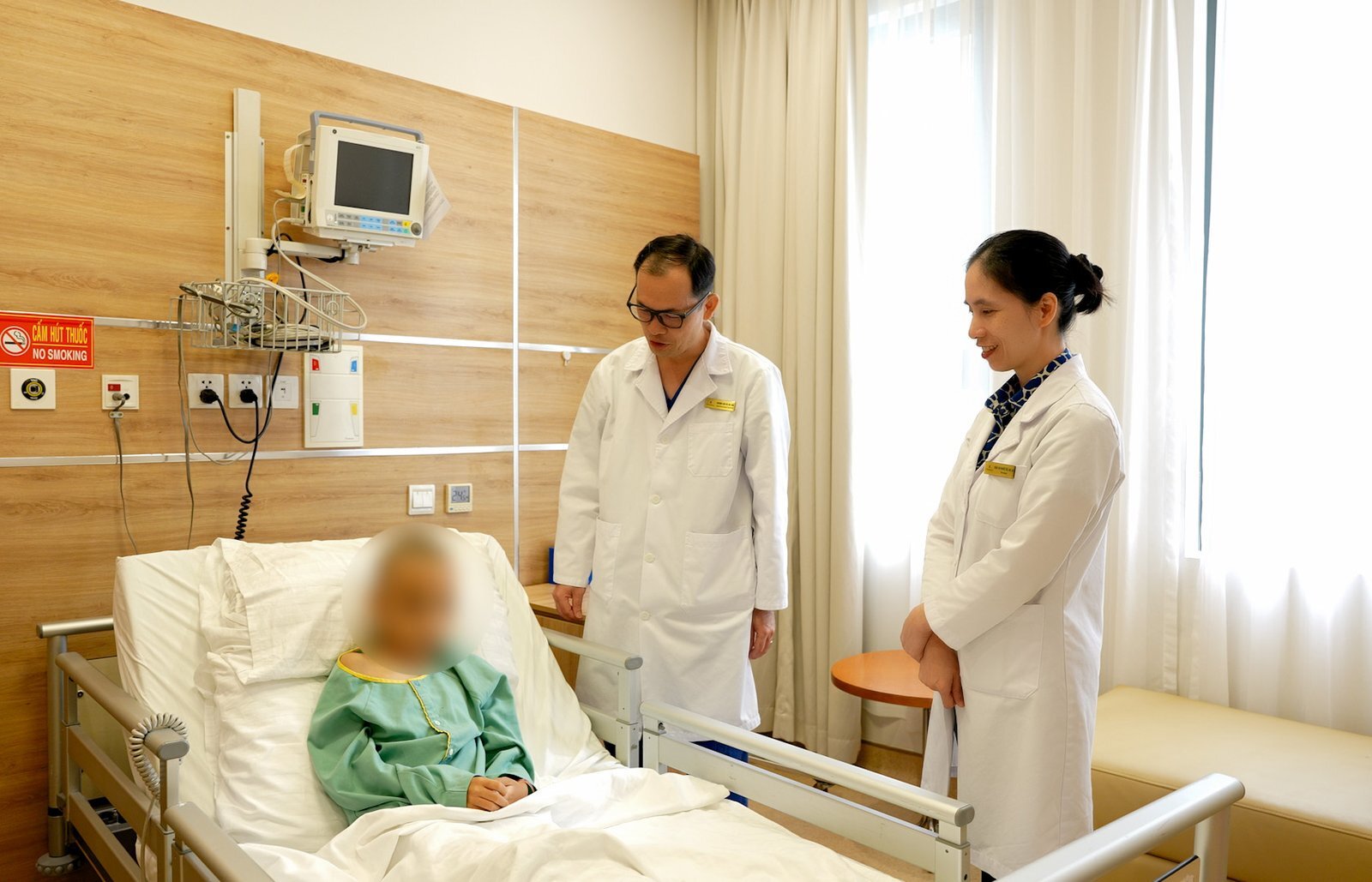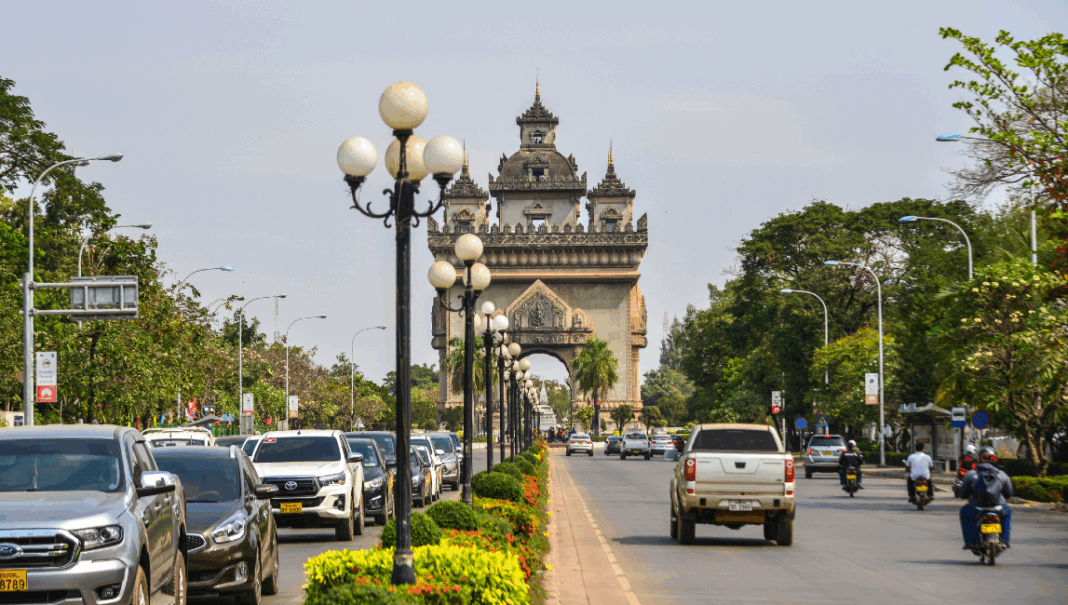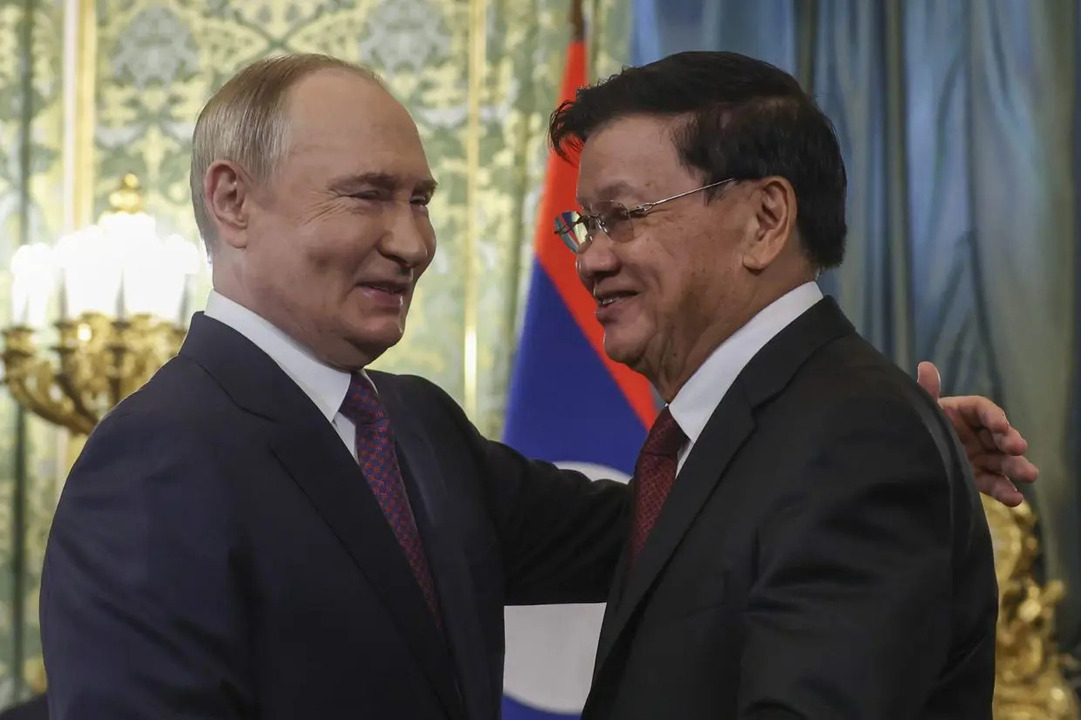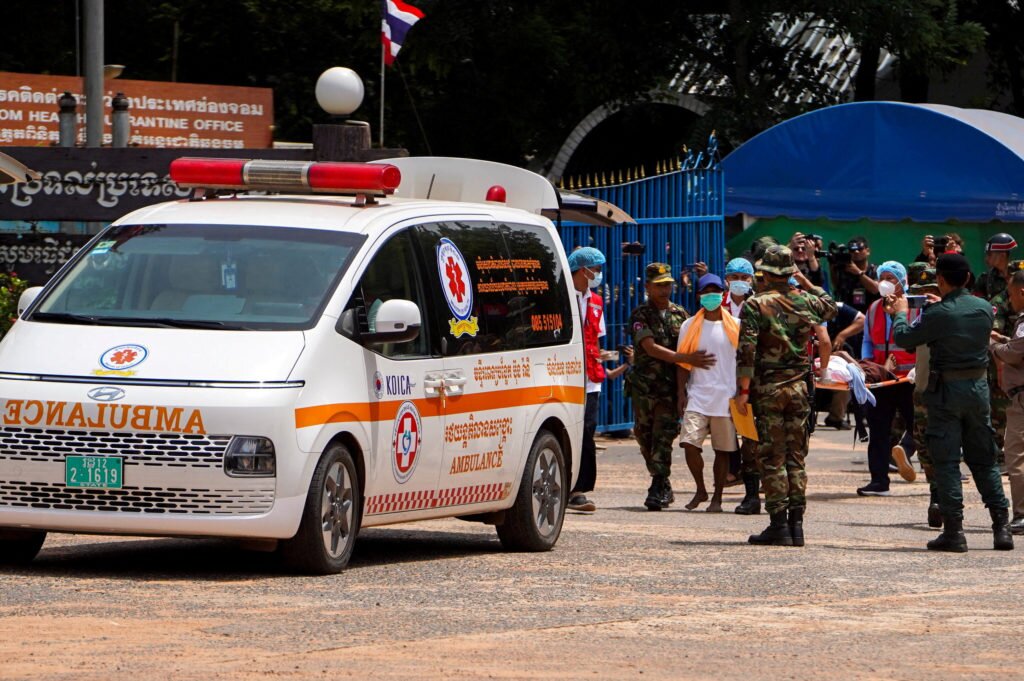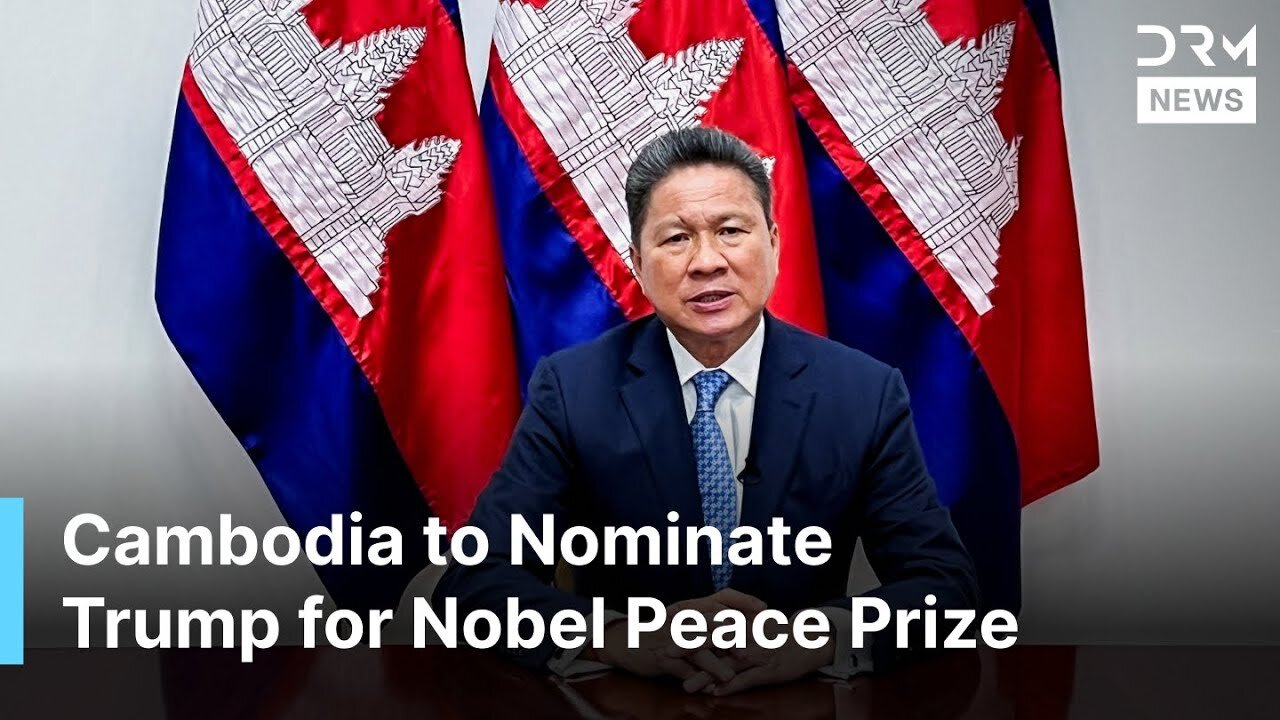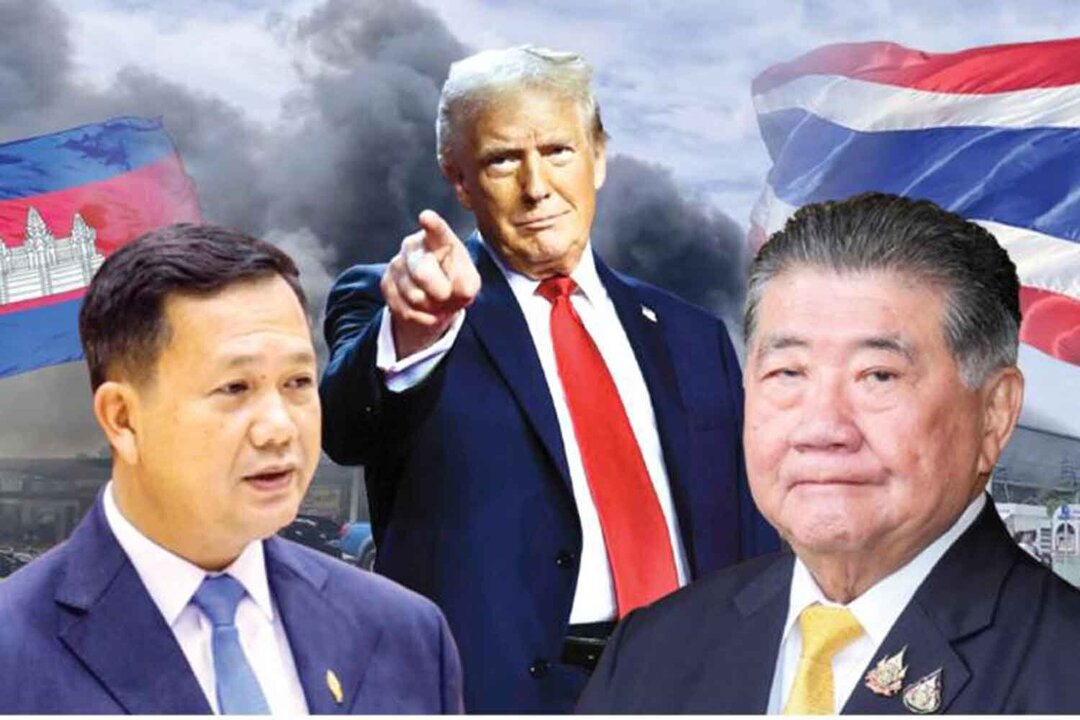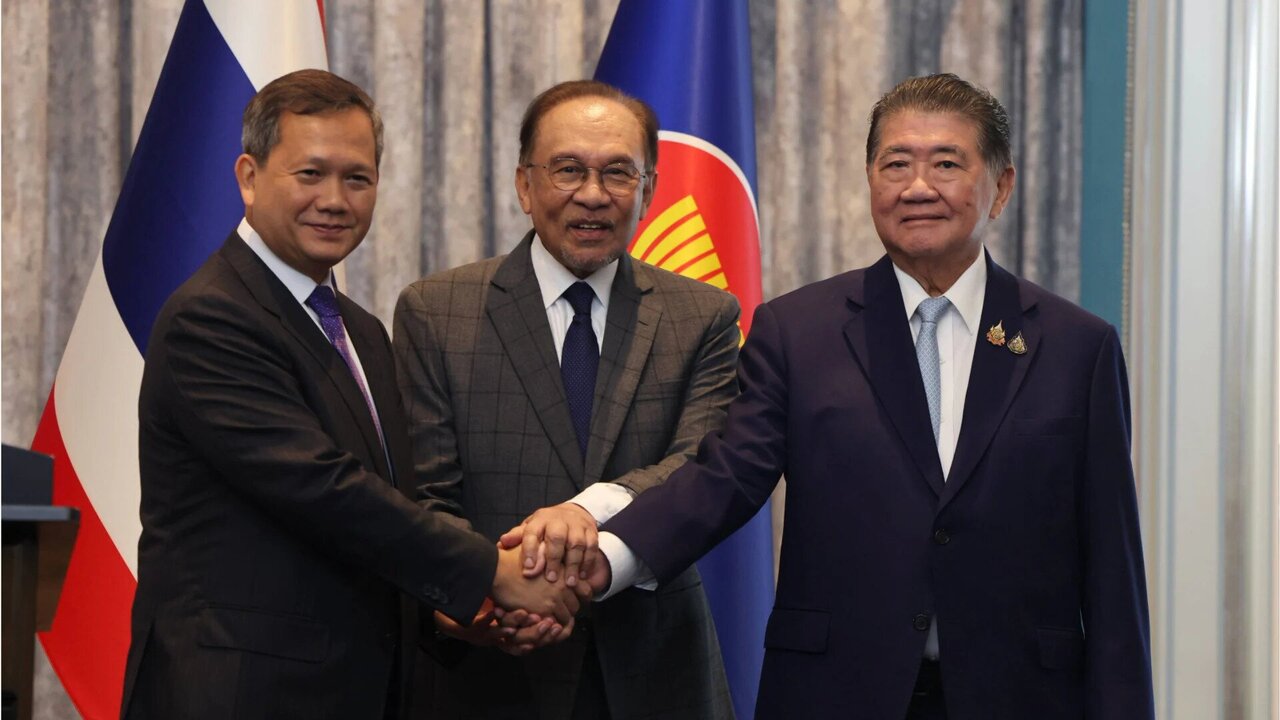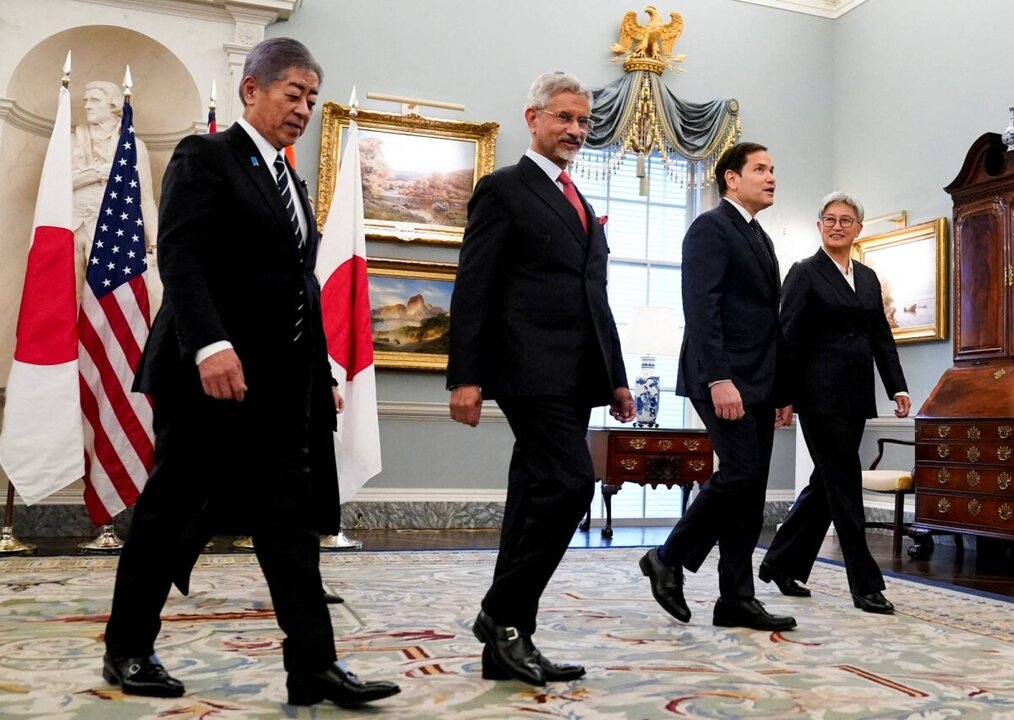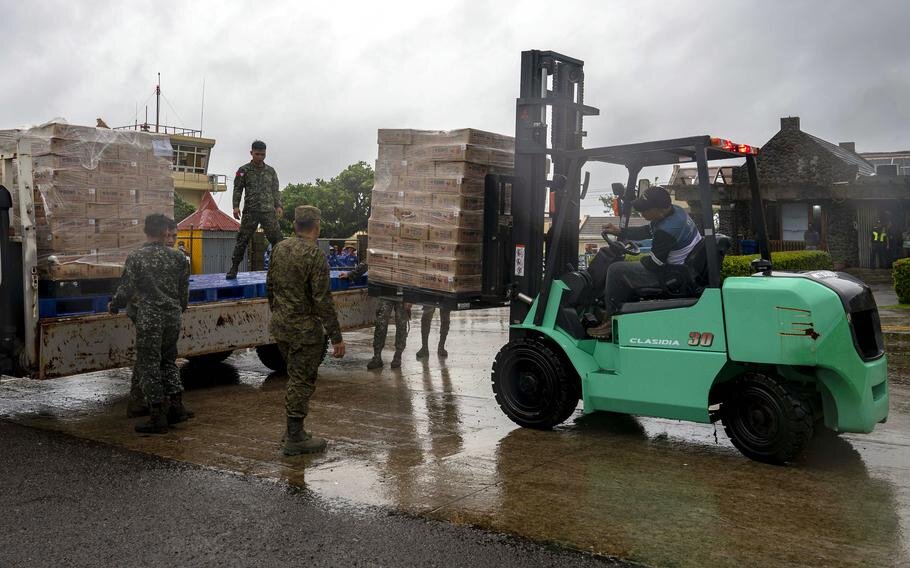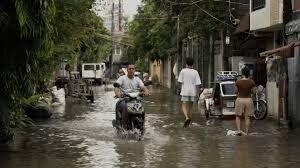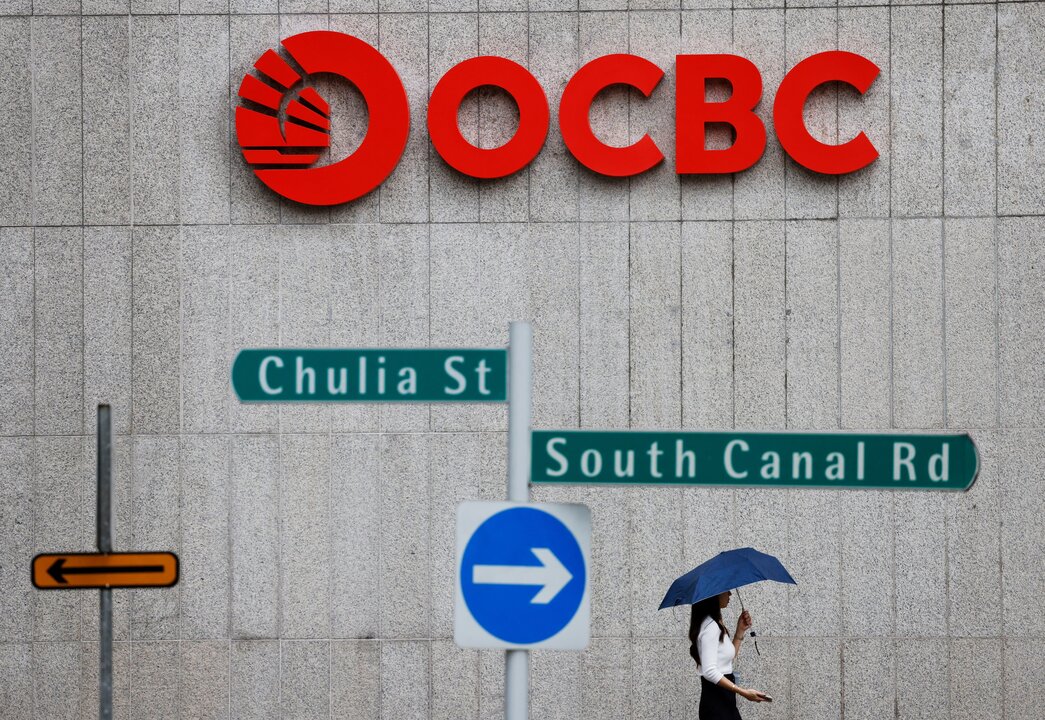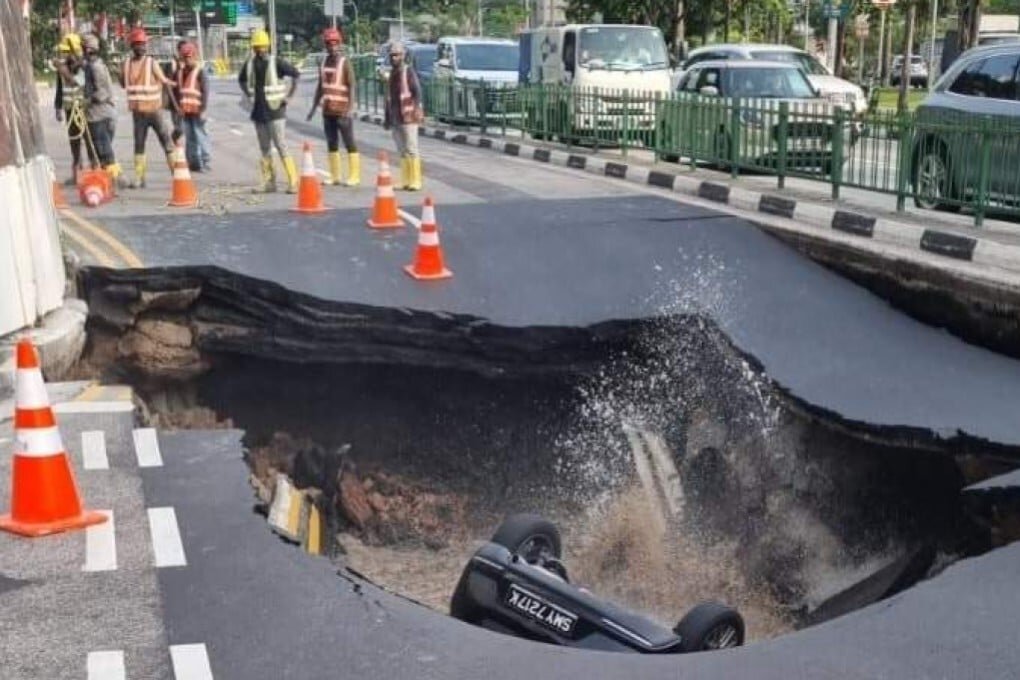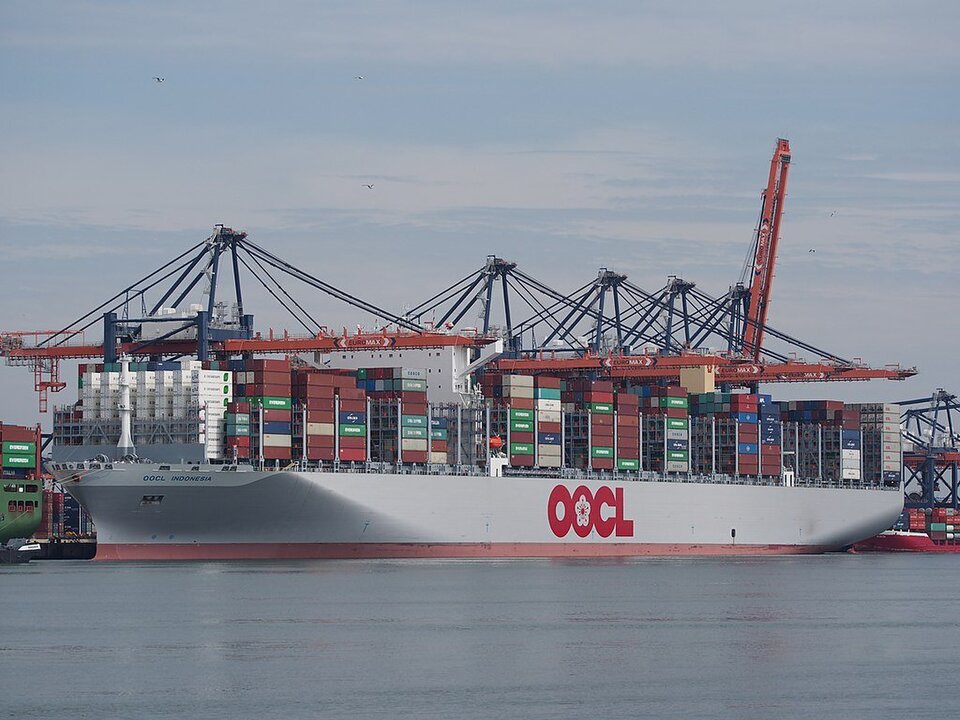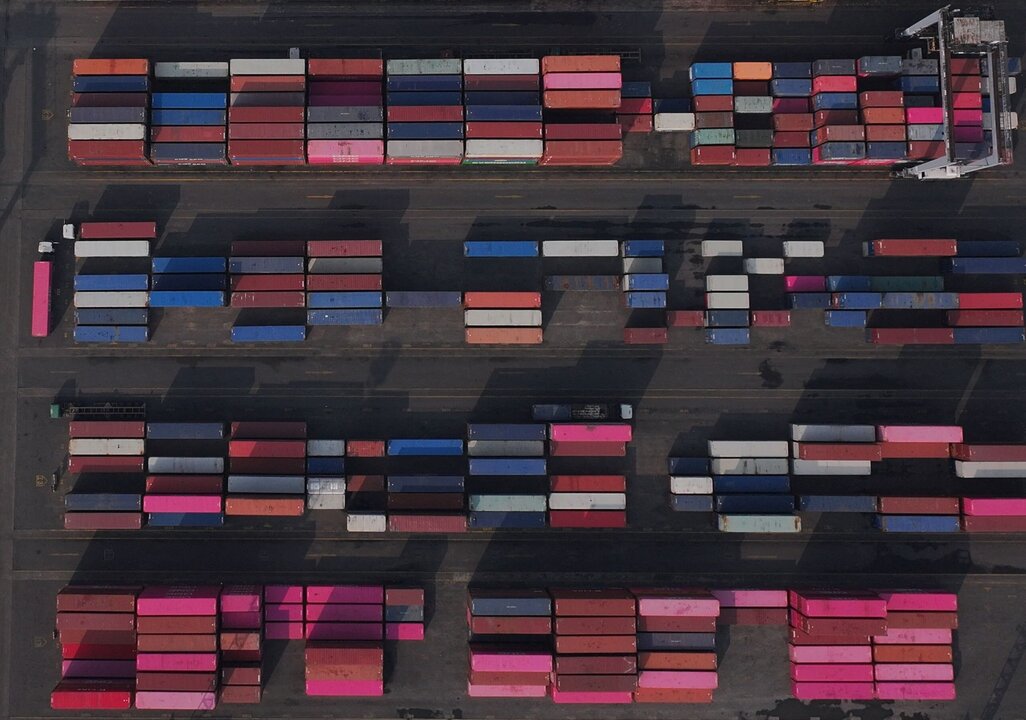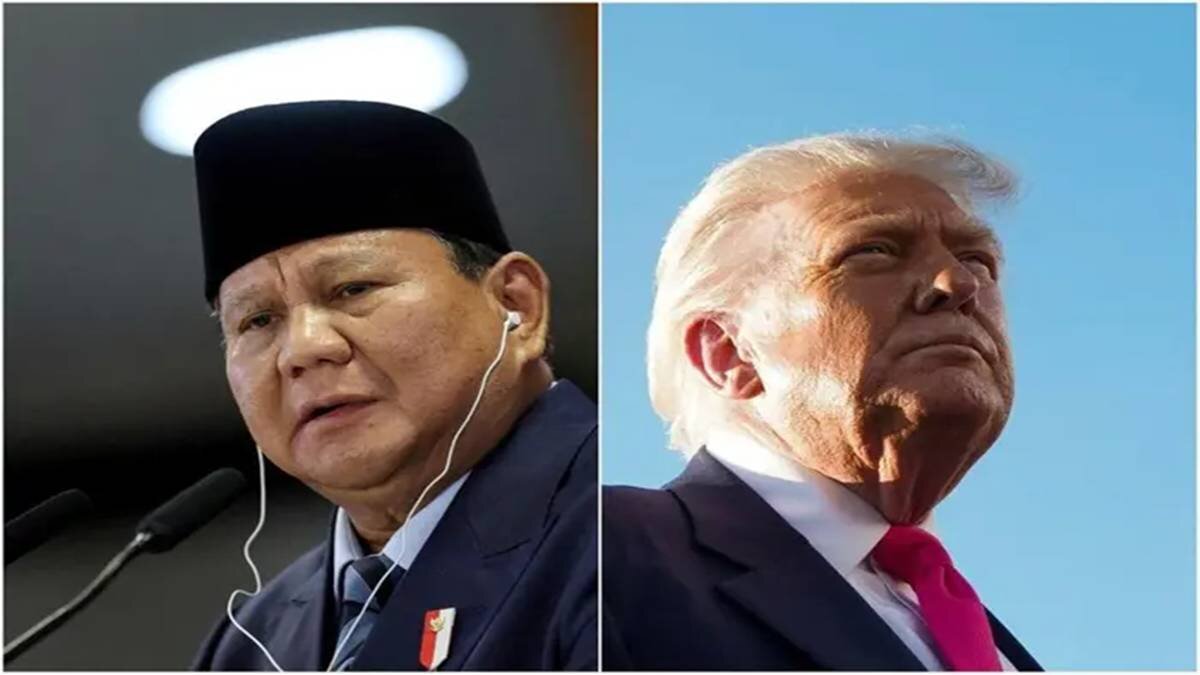Tariffs set at up to fifty percent for over seventy countries, with new rates taking effect on August seventh
The United States has finalized a sweeping set of tariff increases on dozens of global trade partners, with new rates scheduled to take effect on August 7, 2025.
The measures, authorized by executive order, include tariff hikes ranging from fifteen to fifty percent and mark one of the most extensive overhauls of U.S. trade policy in recent decades.
Canada will face a thirty-five percent tariff, up from the previous twenty-five percent rate, while the United Kingdom retains a baseline tariff of ten percent.
The European Union, Japan, and South Korea are all set to face a uniform tariff rate of fifteen percent, as part of recent bilateral arrangements.
Mexico, the United States' largest trading partner, received a ninety-day extension on its current tariff rates following direct negotiations between U.S. and Mexican officials.
Imports from Mexico will still be subject to duties on metals and automobiles.
Brazil will be subject to a fifty percent tariff on many goods, although key U.S. imports such as orange juice and aircraft parts are exempt.
An estimated 35.9 percent of Brazil’s exports to the U.S. will fall under the new highest tariff tier.
India is slated to face a twenty-five percent tariff after trade talks stalled, with additional penalties linked to its energy trade with Russia.
Taiwan will be subject to a twenty percent rate, while Switzerland faces a thirty-nine percent tariff, affecting sectors including watches and pharmaceuticals.
Bangladesh secured a reduction in its apparel export tariff to twenty percent, down from an initially proposed thirty-seven percent.
This aligns its rate with other major garment exporters such as Vietnam, Pakistan, Sri Lanka, and Indonesia.
The U.S. also signed agreements with Thailand and Cambodia, following their ceasefire agreement earlier in the week.
Both countries were originally facing a thirty-six percent tariff before the new deals.
On materials, President Trump imposed a fifty percent tariff on semi-finished copper products including pipes, wires, and rods, while exempting raw forms such as ore and cathodes.
This move led to a sharp drop in copper futures traded in New York.
A new order also ends the de minimis exemption for low-value imports under eight hundred dollars, with tariffs now applicable from August 29.
The move affects a wide range of e-commerce shipments.
In addition to the tariffs, the U.S. reached a new trade deal with South Korea.
The agreement includes a fifteen percent tariff on South Korean imports and a pledge from Seoul to invest three hundred and fifty billion dollars in U.S. energy and shipbuilding sectors.
President Trump has also confirmed a trade agreement with Pakistan that allows U.S. companies to develop Pakistan’s oil reserves.
In exchange, Pakistan will receive reduced tariffs on its exports to the U.S., although specific terms have not been disclosed.
The White House stated that over seventy countries are affected by the updated reciprocal tariff framework.
Many countries with which the U.S. runs a trade surplus were excluded from this round of increases, maintaining the ten percent baseline rate.
